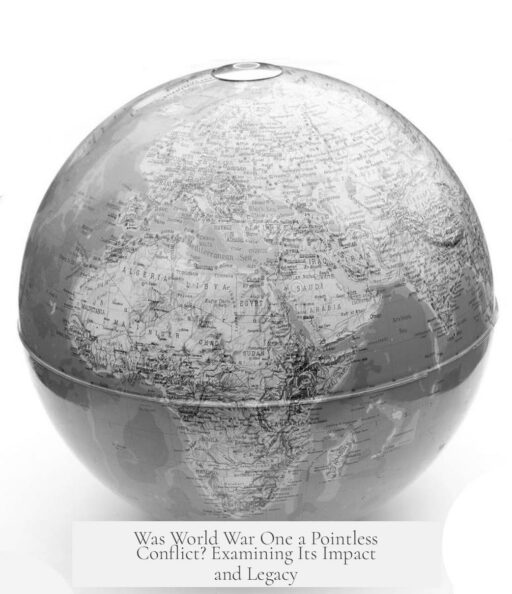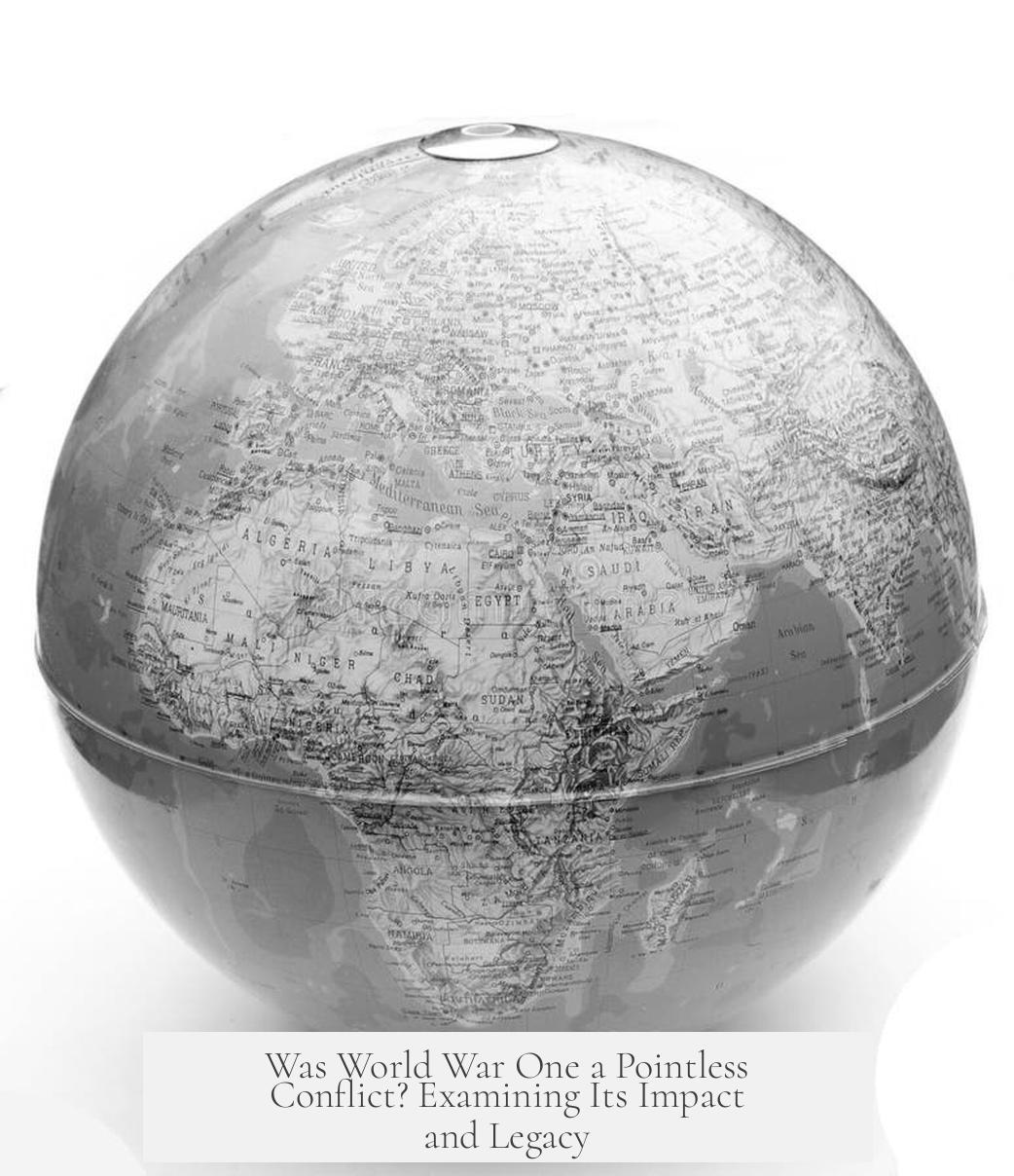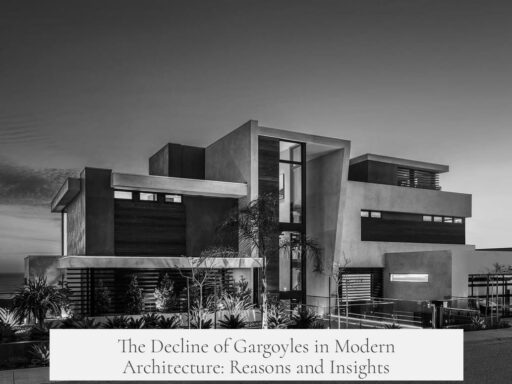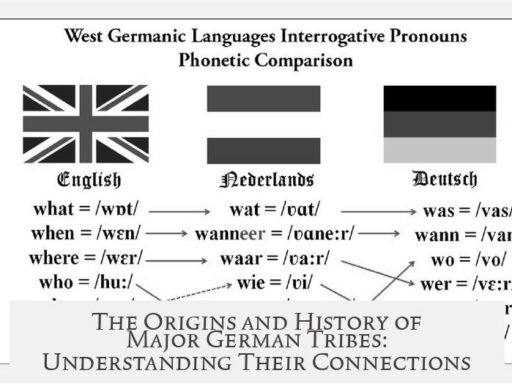Was World War One a pointless war? The answer is no. World War One resulted in massive losses and brutal fighting, but it profoundly changed the world in many lasting ways. Though the causes were complex and the slaughter immense, the war’s impact shaped the 20th century politically, socially, and technologically.
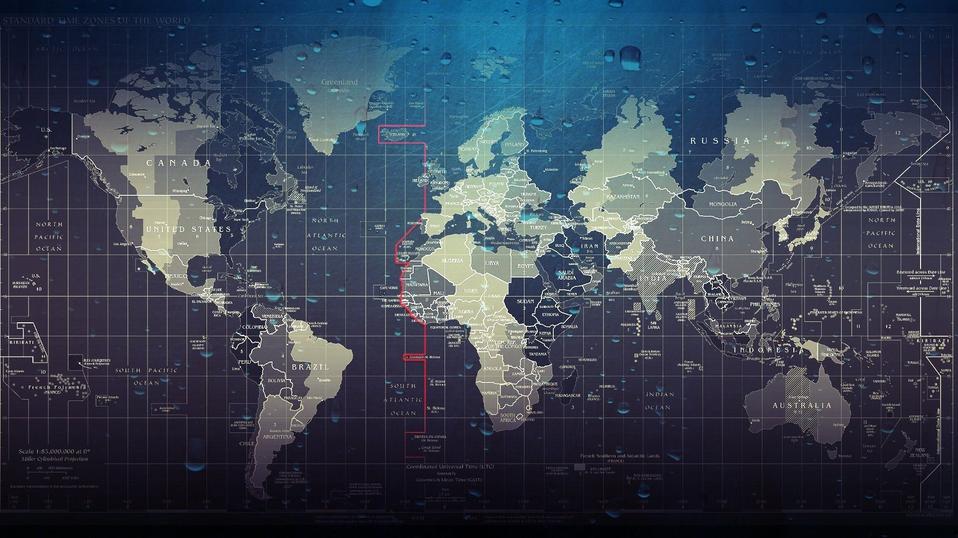
The war claimed millions of lives in a conflict none fully expected or wanted. At the outset in 1914, many young men marched enthusiastically, often seeing war as an adventure or a duty. Yet, the conflict quickly turned into a gruesome stalemate causing unprecedented casualties. European nations were unprepared for the scale of loss compared to prior wars, such as the American Civil War decades earlier. The devastation shocked societies and changed how warfare was perceived.
WWI triggered major advances and societal shifts. Medical and technological innovations accelerated due to demands on the battlefield. The war altered social structures by changing relations between classes both during and after the conflict. Economic impacts influenced housing and employment. Entire new countries emerged from collapsed empires, especially in Eastern Europe and the Middle East, redrawing political maps.
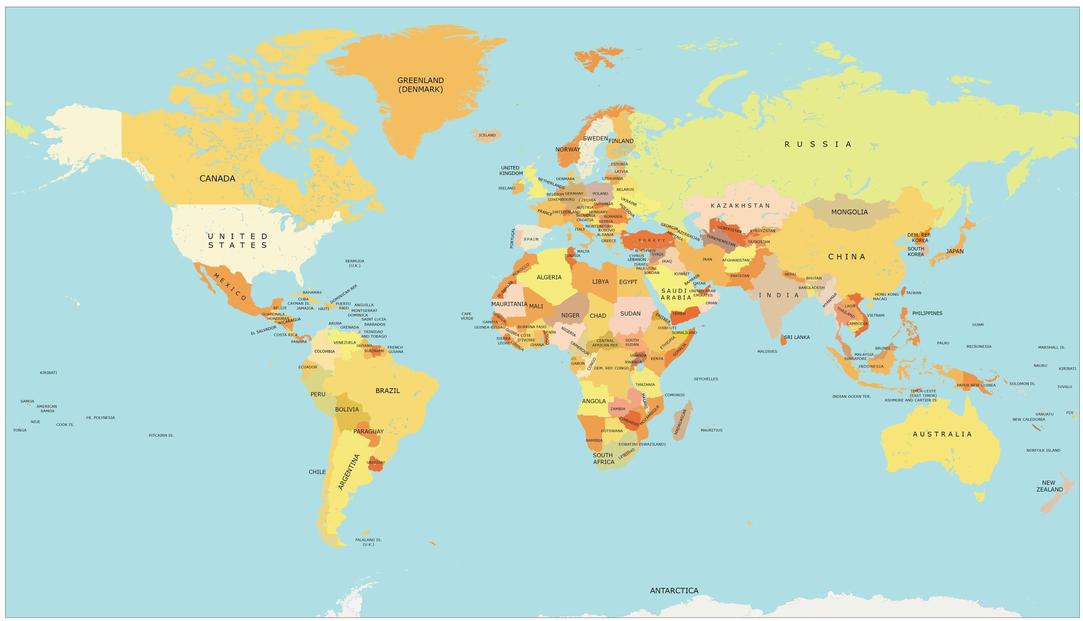
However, the war’s results were not purely constructive. It sowed seeds for further conflict. Resentments and political instability contributed directly to the outbreak of World War Two. Yet, to label it “all for nothing” ignores these significant changes—there were many consequences with wide-ranging effects.
The common belief that military commanders were callous or incompetent does not hold up under close examination. Senior officers faced grave risks, often dying in action. Advances in deadly weaponry outpaced communication and mobility, which explains immense casualties more than poor leadership. The idea that generals were indifferent to soldiers’ suffering is a mistaken popular myth.
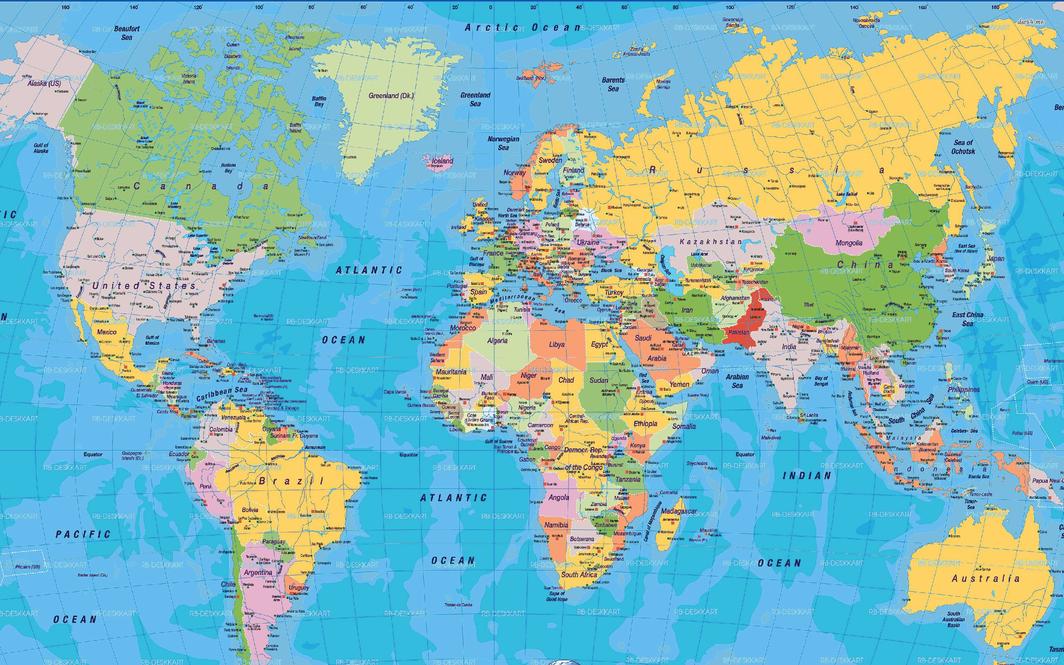
Life for soldiers was harsh and dangerous, but also more complex than fiction suggests. They faced constant threats while coping with basic needs. Historical studies provide a nuanced view beyond the stereotypical image of hopeless despair or disregard from superiors.
The war’s justification deserves nuance. While some view the conflict as entirely unjustified, it is important to consider defensive efforts and broader causes. Longstanding rivalries, militarization, and binding alliances made conflict likely. The assassination of Archduke Franz Ferdinand was only one trigger amid many tensions. In this sense, the war was perhaps inevitable given the circumstances.
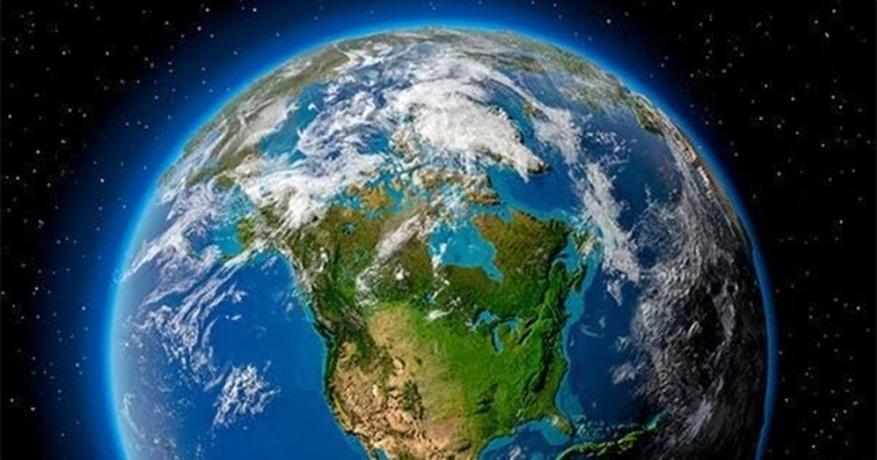
| Aspect | Details |
|---|---|
| Political Changes | Collapse of empires; new countries formed; rise of communism in Russia |
| Global Power Shift | US emerges as major power; decline of colonial empires (UK, France, Spain) |
| Long-term Consequences | Seeds of WWII; new political ideologies; altered international relations |
The political and global effects were profound. The war ended the dominance of old colonial empires. Russia’s withdrawal prompted the communist revolution, influencing global politics for decades. Germany’s humiliation and harsh treaty terms helped create conditions for later dictatorship and conflict. Britain and France’s empires unraveled gradually after the war. New states appeared alongside shifting alliances.
The United States abandoned isolationist policies, gaining influence as a global superpower alongside the Soviet Union. This transformation altered the balance of world power significantly. These shifts confirm that WWI created new realities—the so-called “old world” was fundamentally broken.
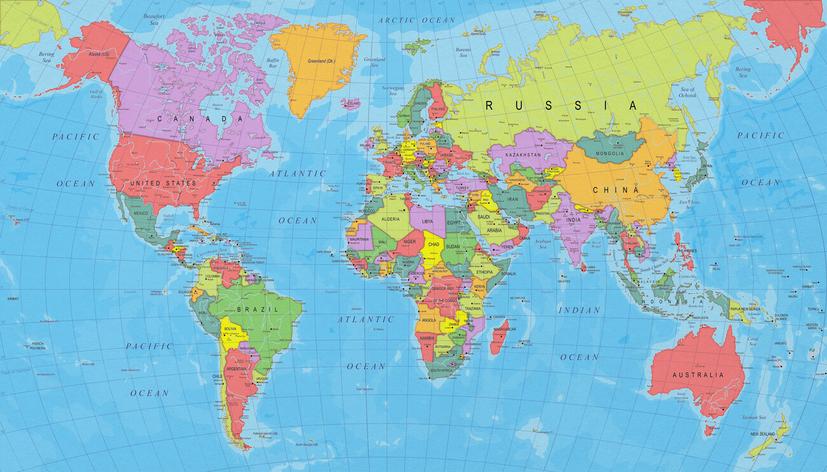
“The First World War effectively broke the world’s own idea of itself, turning it on its head and casting new players into the field, new mindsets, and new horrors for the world to face.”
While the causes of the war involved misguided nationalism and fragile alliances, and the commanders used brutal methods, the war was not pointless. It shaped the framework of the 20th century in profound ways. From political borders to ideological battles and technological development, the war’s effects continue to influence history.

- WWI caused immense loss but changed global power and society.
- Military leadership faced extreme challenges; high casualties owed to technology limits.
- The war led to the collapse of empires and formation of new nations.
- It triggered shifts that contributed to WWII and new ideological struggles.
- The US rose as a major global power post-war.
Was World War One a Pointless War? A Deep Dive Into History’s Great Catastrophe
Is it fair to call World War One a pointless war? The simple answer is no. While millions died in a conflict that seemed senseless at the outset, the war’s impact reshaped the world in profound and lasting ways. It was brutal, its causes were childish, and its commanders often overwhelmed. Yet, dismissing it as meaningless overlooks the vast ripple effects that touched governments, societies, and the globe itself.
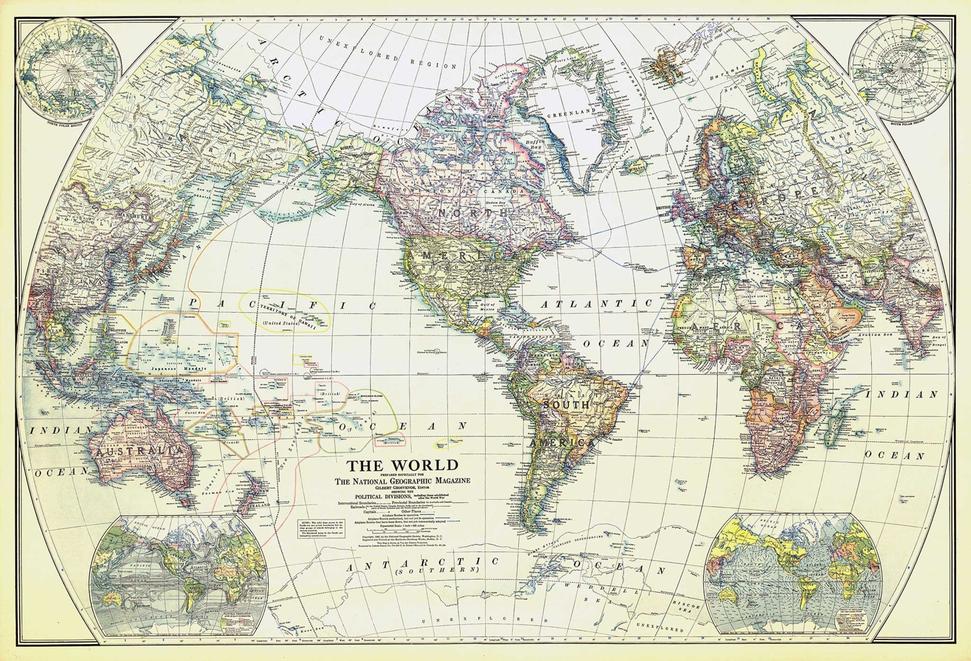
The initial perception of World War One wasn’t the grim nightmare historians describe today. When war was declared in 1914, many young men marched off as if heading to a grand spectacle. The buzz was about honor and patriotism, not the dire loss of millions that would unfold. Europeans hadn’t endured such carnage since the American Civil War, which was, by then, a distant memory. The scale of loss was staggering—millions killed and wounded in a war that dragged on for four agonizing years.
So, if the human cost was so enormous, what exactly do we mean when we say the war was not pointless?
Aftermath: Real Changes and Lasting Legacies
Sometimes pain and loss carve paths to breakthroughs. World War One sparked massive advancements in medicine and technology. Think of innovations like improved surgical techniques, early antibiotics, and better wound care that saved countless lives afterward. These came from the desperate need to treat battlefield injuries.
Socially, the war shook the foundations of class structures. The rigid strata between the rich and poor started to crumble. Soldiers from all walks of life tasted camaraderie and hardship together. When they returned home, the lower classes were less willing to accept the old order. The war became a catalyst for political changes, including the fall of monarchies and the rise of new governments worldwide.
Entirely new countries emerged following the conflict. The Austro-Hungarian empire dissolved, creating nations like Czechoslovakia and Yugoslavia. Borders were redrawn dramatically, reshaping Europe’s political landscape forever.
However, the war was a double-edged sword. It sowed seeds of future conflict. The harsh Treaty of Versailles humiliated Germany, leaving scars that fueled the rise of a volatile dictatorship two decades later. This bitter aftermath means the war was a complex chapter, full of both progress and peril.
Commander Myths and Soldier Realities
Popular culture often paints WWI generals as callous buffoons, sending men to die heedlessly from safe distances. The truth, however, is more nuanced. British senior officers, for example, faced far more frontline danger than in WWII—many fell to enemy fire alongside their troops.
The concept that commanders were ruthlessly indifferent isn’t entirely accurate. The overwhelming casualty numbers stemmed largely from rapid advances in weaponry that far outpaced mobility and communication improvements. Soldiers in trenches faced horror daily, but the leadership was not simply indifferent overlords.
Life in the trenches was brutal but also marked by routine and resilience. Soldiers dealt with horror and tedium alike, often showing surprising resourcefulness. This contradicts the simplistic “they didn’t care” narrative. A detailed account even reflects how they coped with the impossible.
Was the War Justifiable or Inevitable?
Calling World War One “completely unjustifiable” oversimplifies a complex prism of politics and tensions. Not every country or soldier was zealously eager to fight, but the conflict’s causes ran deeper than the assassination of Archduke Franz Ferdinand.
This event was merely the spark in a powder keg filled with militarization, colonial rivalries, and tangled alliances. The old colonial empires and ancient alliances were crumbling, making the war more a symptom of systemic collapse than a singular mistake. Arguably, a major conflict of this scale was almost inevitable at the turn of the 20th century given the geopolitical tensions.
Global and Political Earthquakes
The political and global fallout from WWI cannot be understated.
- Russia’s exit from the war catalyzed its communist revolution, reshaping its political landscape and influencing world affairs for decades.
- Germany’s defeat and humiliation birthed resentment that fueled the rise of the Nazi regime.
- England and France saw their colonial empires weaken and eventually disintegrate, creating a shift in global dominance.
WWI also introduced the United States to the world stage as a powerful actor. Abandoning its isolationist policies temporarily, the U.S. emerged stronger, later becoming a superpower alongside the USSR after World War Two. The faded colonial powers gave way to new global players.
The Defining Event of the 20th Century
To sum it up, World War One shattered the world’s sense of stability. It was a brutal awakening, forcing sweeping change and ushering in the modern age. Its consequences shaped political borders, ideologies, and military technology, all while inflicting terrible human cost.
Is it tempting to whisper “pointless” when reflecting on such massive loss? Absolutely. But history shows us this war was a shaping force rather than a futile disaster. It was neither entirely justifiable nor pointless—more like a necessary upheaval with costly lessons and painful legacies.
Did the war achieve peace? Not exactly. Did it challenge the old world order and launch a century of profound change? Undoubtedly. World War One’s shadow looms large, marking it as a defining event rather than a meaningless carnage.
So, was World War One pointless? No. It was a great upheaval, a catastrophe with far-reaching consequences that forever altered the course of history.
Was World War One completely pointless given the scale of human loss?
Millions died, and many saw the losses as futile. However, the war led to huge changes worldwide. It was not just loss, but a transformation with lasting effects on nations and societies.
Did WWI lead to any lasting technological or social changes?
Yes. WWI triggered advances in medicine and technology. It also shifted social attitudes and governments. New countries emerged, reshaping the political map.
Were WWI generals truly incompetent and indifferent to their soldiers?
The common myth is false. Generals faced new deadly technology that made mobility hard. Many senior officers died too, showing they shared the risks.
Could WWI have been avoided, or was it inevitable?
Long-standing disputes and alliances made conflict likely. The assassination of Franz Ferdinand was a trigger, but tensions had been building for years.
Did WWI have significant global political consequences?
The war ended empires and sparked revolutions. It helped the US and USSR rise as new powers. It also set the stage for further conflicts like WWII.
